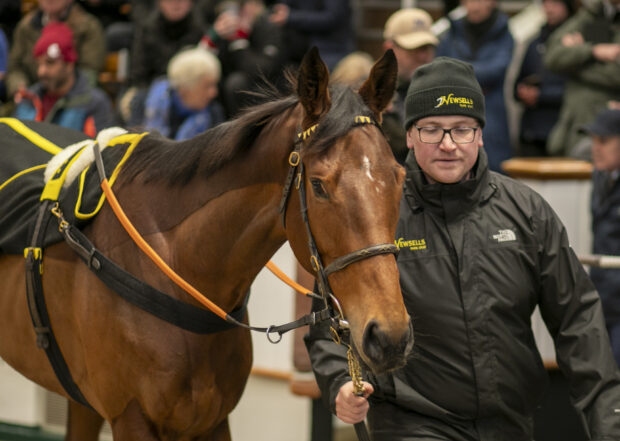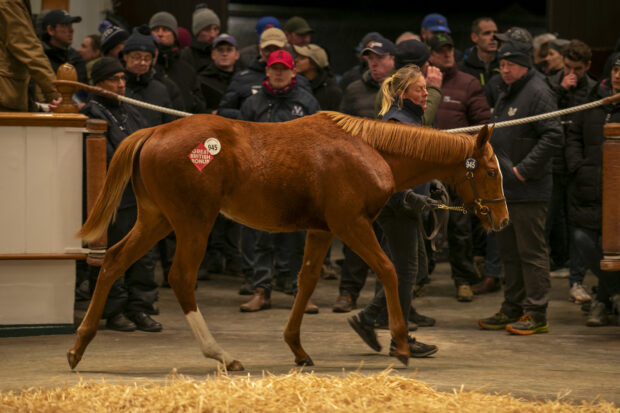The Jockey Club announced this week that it will significantly increase the number of dope tests carried out on jockeys.
But by expanding its anti-doping programme and moving its laboratory tests from the Government-backed UK Sport to Medscreen Ltd, the Jockey Club has come under fire from Richard Caborn, the Minister for Sport.
The Jockey Club will extend its testing capacity from 150 to 1,000 a year from next month to include in and out of competition sampling, target-testing and urine analysis. There will also be up to 2,000 breathalyzer tests.
The aim is to test at 12 to 14 meetings a month. Urine samples will be taken from between six and eight riders at a meeting, while up to 16 jockeys will be breathalyzed.
Dr Michael Turner, the Jockey Club’s chief medical adviser, says: “The motive for expanding our testing programme is not to tackle a particular problem; our needs have more in common with the occupational screening of employees working in safety sensitive jobs, like pilots, police, train drivers and thearmed forces.
“This expanded testing programme for riders can only help to improve levels of safety and integrity.”
The Minister for Sport is attempting to set up a meeting between the Jockey Club and UK Sport in the Sport Ministry’s offices because he claims the Jockey Club is in breach of an agreement after signing up to Word Anti Doping Agency (WADA), for which UK Sport is the appointed testing agency.
“Signing up to WADA is simply non-negotiable,” insists Richard.
But John Maxse, public relations director at the Jockey Club, says: “We have not signed up to WADA, so it is not a case of being non-negotiable.”
In reply to the Government’s threat to withdraw its funding of racing, he says: “The Government does not fund racing. The money we receive comes via the Levy Board from the levy imposed on punters’ bets.”




